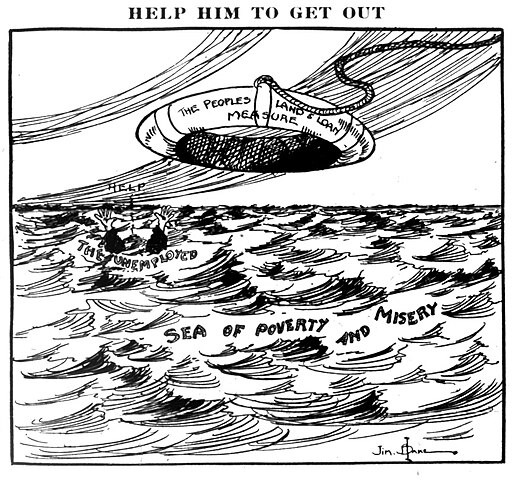Former US president Donald Trump supposedly absconded from the White House with reams of classified documents, stored them at his Mar-a-Lago home, responded first lackadaisically then combatively when called upon to hand them back over, finally resorting to weird claims about having declassified those documents by “thinking about it.”
Former US vice-president (now president) Joe Biden supposedly absconded from his official residence at the US Naval Observatory with reams of classified documents, which ended up in a closet at a private office, in a garage at one of his homes, and possibly elsewhere. He began returning them of his own volition, but apparently discovered them before, and waited to mention them until after, the 2022 midterm elections.
Either situation would constitute marvelous grist for the scandal mill;. In combination the effect is exponential. Most of that grist has to do with double standards:
First, why do presidents and vice-presidents get to just walk around (and, apparently, out) with classified information when members of Congress have to look at it in a Sensitive Compartmented Information Facility (SCIF) and hand it back over immediately?
Second, why are presidents and vice-presidents who apparently drive away moving vans full of the stuff treated more leniently than lowly government employees who (possibly unintentionally) take single classified documents home from work in their briefcases?
I’ve written before about a third, non-grist category of scandal: Why do we let the government treat much, or for that matter any, information as secret in the first place?
But here, I’d like to focus on a fourth question: What does this whole thing tell us about the quality of management in the managerial state?
Running back to the first two paragraphs, we should probably understand how unlikely it is that either Trump or Biden personally walked away with those documents. They’ve got staff members to take care of such things. Neither of them has ever been lauded as intellectually curious or an avid reader. Heck, they may not have KNOWN they had the documents until they were told.
The president is the “chief executive” of the federal government. Strip away the pomp, circumstance, and ceremony, and he’s just a manager. He supervises a boatload of employees. Most decisions he makes really amount to signing off on other people’s recommendations.
Two presidents in a row have proven they can’t even impress upon their underlings the importance of not abandoning the nuclear launch codes in a garage or on the floor of a resort.
Would you trust someone with such poor management skills to run a convenience store or coffee shop?
If not, why on earth would you trust him to run the largest, wealthiest, most powerful, and most dangerous organization in history?
Thomas L. Knapp (Twitter: @thomaslknapp) is director and senior news analyst at the William Lloyd Garrison Center for Libertarian Advocacy Journalism (thegarrisoncenter.org). He lives and works in north central Florida.
PUBLICATION/CITATION HISTORY



